Why Kombucha can enrich your life
February 21, 2020, was World Kombucha Day! Our personal favorite day! Why do we love kombucha so much, and why can replacing conventional soft drinks with kombucha be good for your body?

Back to a basic diet
This fermented tea drink isn't just a soothing refreshment, it's a way of life. Often times, everything in life has to happen so quickly, and the many stimuli can be overwhelming, or external circumstances can build up pressure. To make kombucha, we need to be patient and let the fermentation process proceed slowly. The end result is a vibrant, delicious, and refreshing drink that naturally enriches our lives. It's vegan, naturally probiotic, and can have a positive impact on your health. It's worth being patient. Good things usually only come about over time and can have a lasting impact on your life. A drink produced by traditional artisans, in keeping with the spirit of the Slow Food movement, that not only tastes good, but is also nutritious and doesn't place unnecessary strain on our planet's resources or the environment.

Kombucha is made from a tea base
A good and flavorful tea is essential for flavorful kombucha. The tea fungus consists of various yeasts and bacteria, as well as small microorganisms, and needs nutrients such as caffeine, nitrogen, and theanine to grow and thrive. These are found in Camellia sinensis tea varieties. Tea provides the scoby with important antioxidants and polyphenols and serves as a breeding ground. It also contains many important nutrients, such as vitamins C and B. After a fermentation period of up to 14 days, the initially sweetened tea becomes a refreshing drink with a comparatively low sugar content. The sugar is almost completely metabolized by the scoby, and other important nutrients can be produced. These include organic acids and vitamins, as well as gluconic acid, which is responsible for the kombucha flavor.
Save on supplements through conscious nutrition
We often don't pay enough attention to what we eat, resulting in deficiencies that many of us try to compensate for with supplements. If you take a closer look at your diet, sometimes it's just a matter of making small adjustments that can help prevent these nutrient or vitamin deficiencies. By regularly consuming certain foods, you can avoid these deficiencies and almost completely avoid supplements. Kombucha can also be one such adjustment for you.
These ingredients can be produced during the fermentation of kombucha:
| Amino acids | In addition to water, the human body is largely composed of amino acids, the smallest building blocks of proteins. These are important for the formation of new vital proteins and also play a key role in the transmission of impulses between nerve cells and in metabolism. |
| Butyric acid | This acid is produced by the breakdown of glucose and various bacterial strains contained in kombucha, which are also found in the human colon. It promotes the formation of healthy intestinal cells and inhibits inflammation. |
| succinic acid |
Succinic acid is often used as a supplement with beneficial effects on the human body. It acts as an antioxidant, is said to promote the recovery of the nervous system, and slow down the aging of human cells. It also breaks down acetaldehyde, a toxic byproduct of alcohol metabolism, and can thus relieve unpleasant hangover symptoms. |
| B vitamins |
The group of B vitamins is vast and affects many different body systems. The following B vitamins were found in studied kombucha samples:
|
| acetic acid | The acetic acid produced during fermentation makes it virtually impossible for foreign microbes (microorganisms) to contaminate the tea. It has a strong antibacterial effect. It can also lower blood sugar levels, as it is involved in the breakdown of sugar and starch. |
| Enzymes |
Enzymes are proteins composed of amino acids that act as catalysts for chemical processes in the human body. They support digestion and help the body absorb various nutrients from carbohydrates, plant fiber, fats, and proteins. |
| Gluconic acid | Gluconic acid is produced as a byproduct of the breakdown of glucose by the bacterium Gluconobacter. This bacterium is present in both our intestines and in kombucha. |
| Probiotic lactic acid bacteria | This collection of living microorganisms can have a particularly health-promoting effect on the human organism. The intestines, in particular, can benefit from probiotic lactic acid bacteria. They actively support the maintenance and development of intestinal flora while simultaneously strengthening the immune system. |

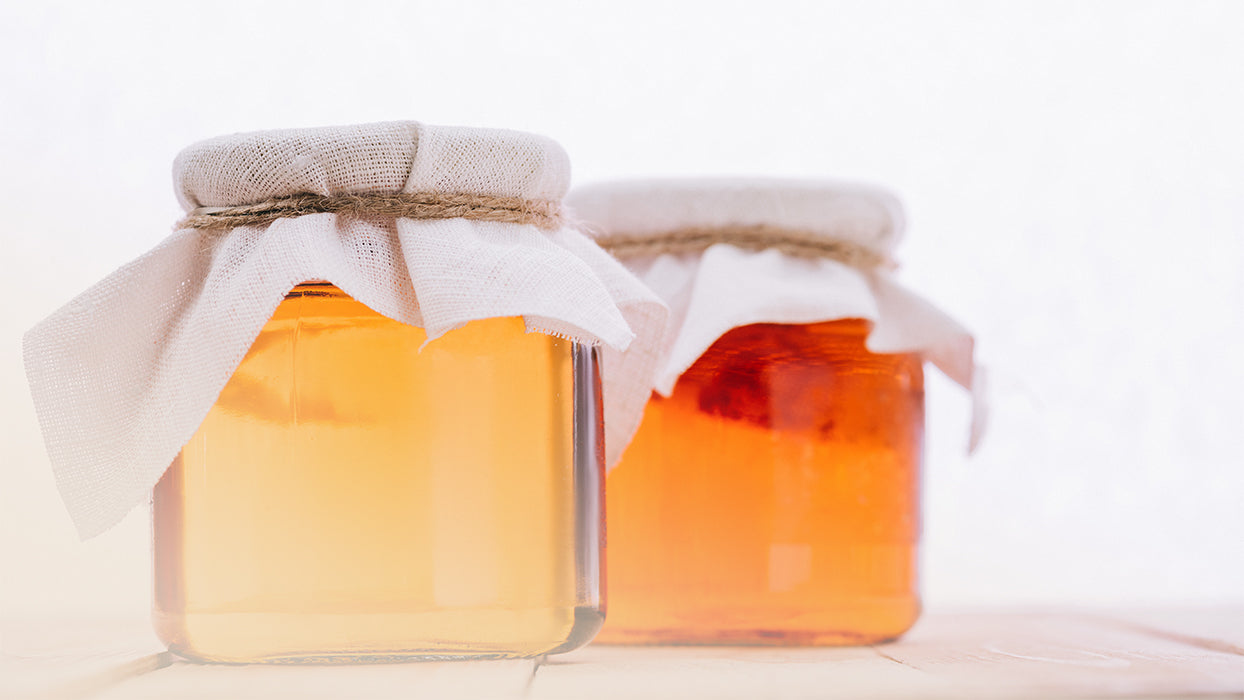
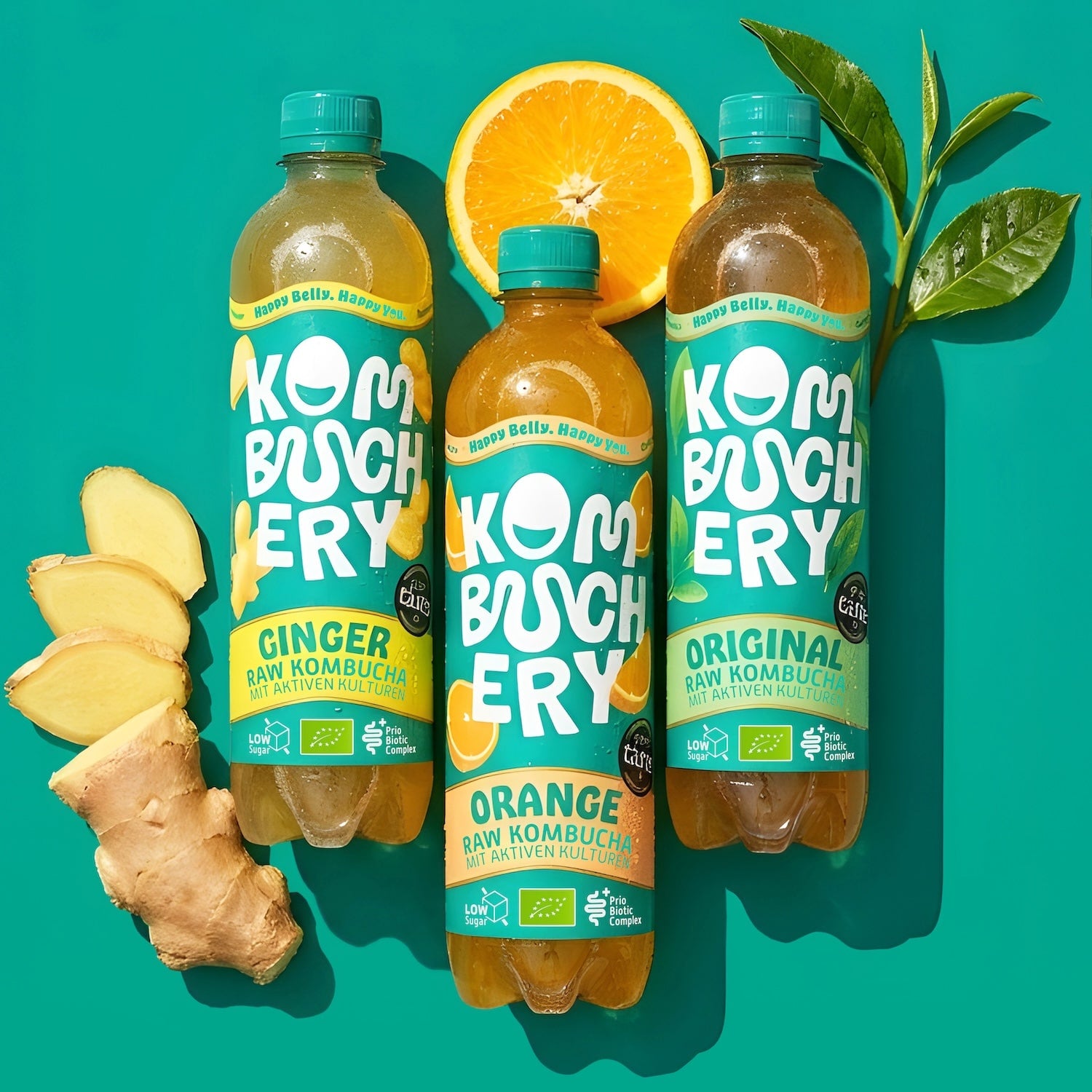
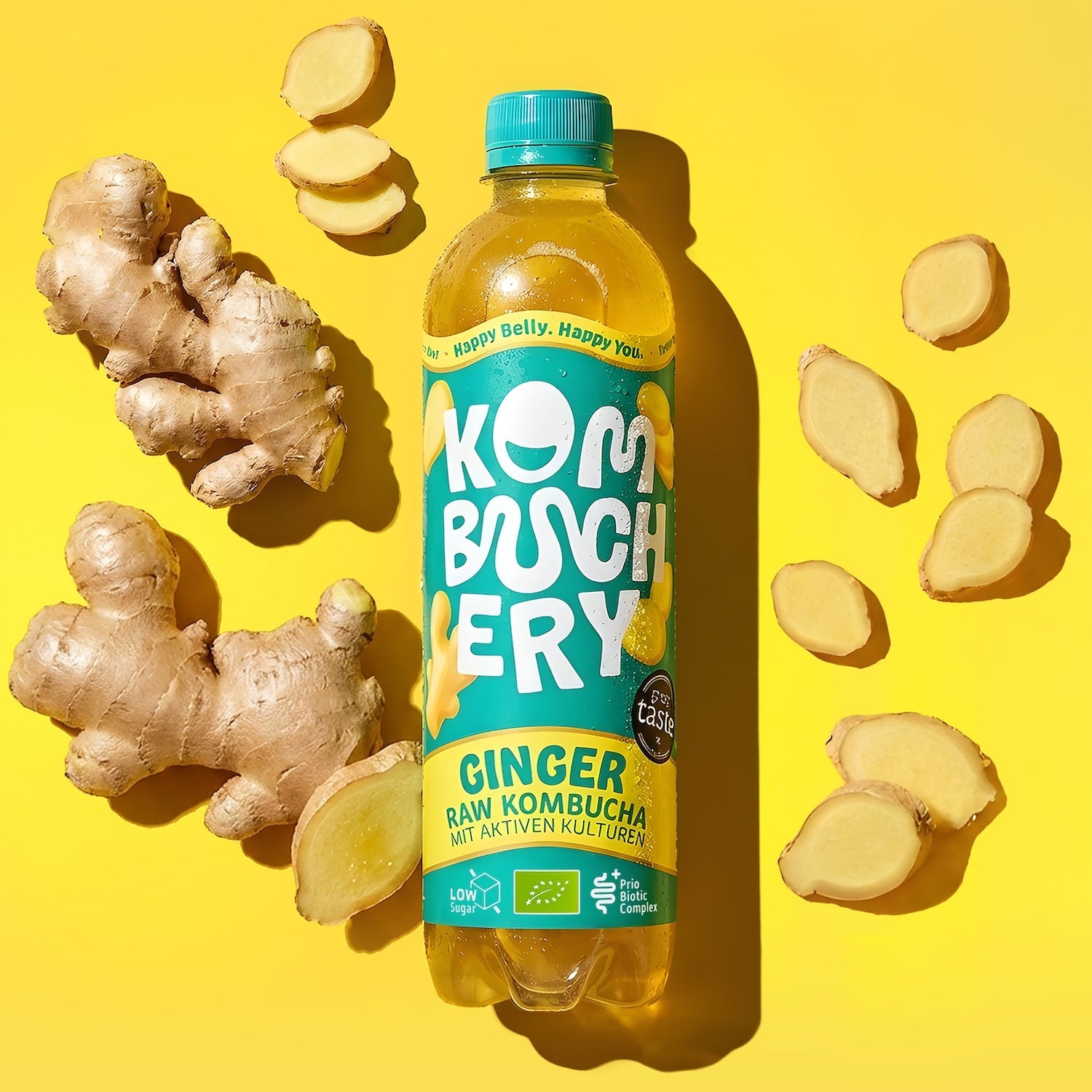

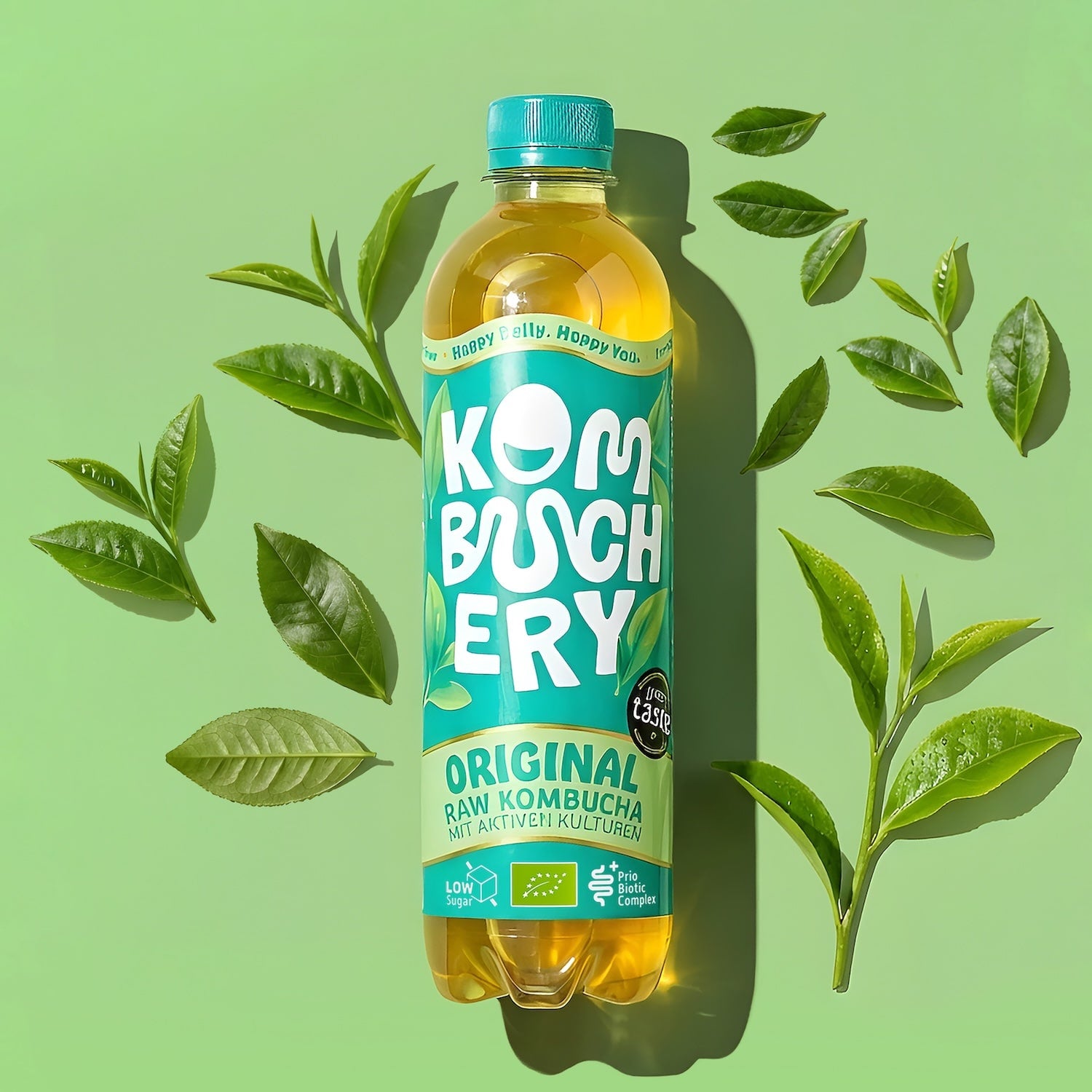

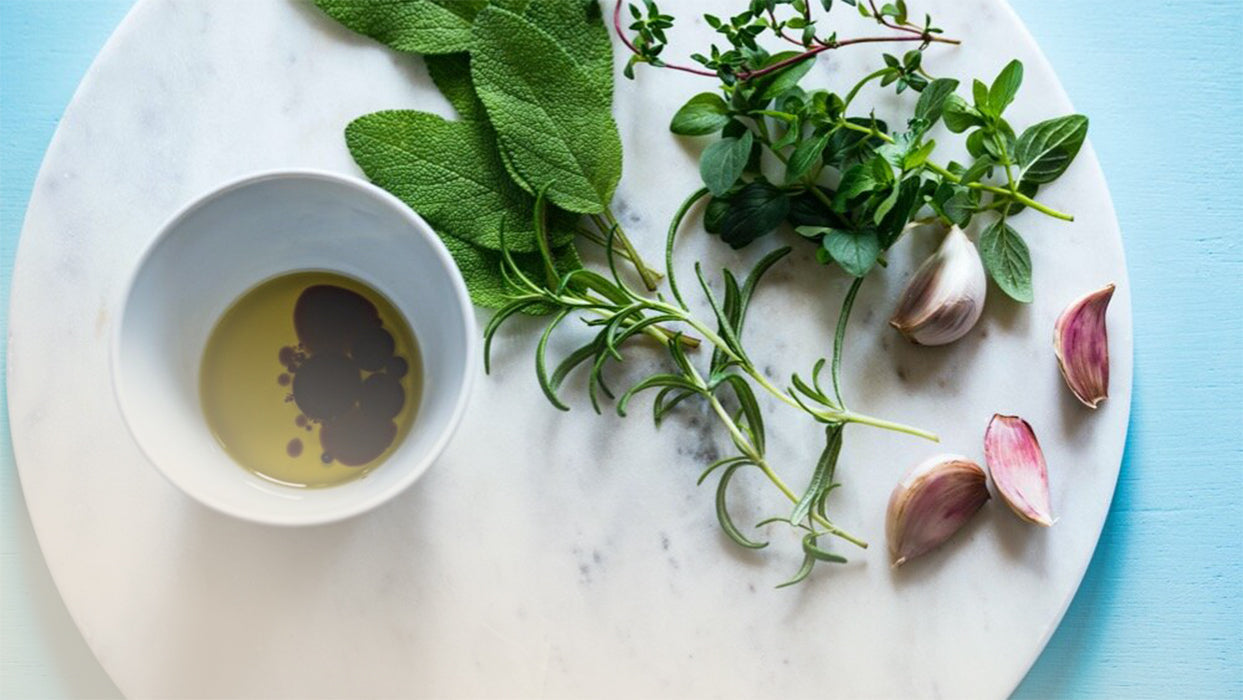


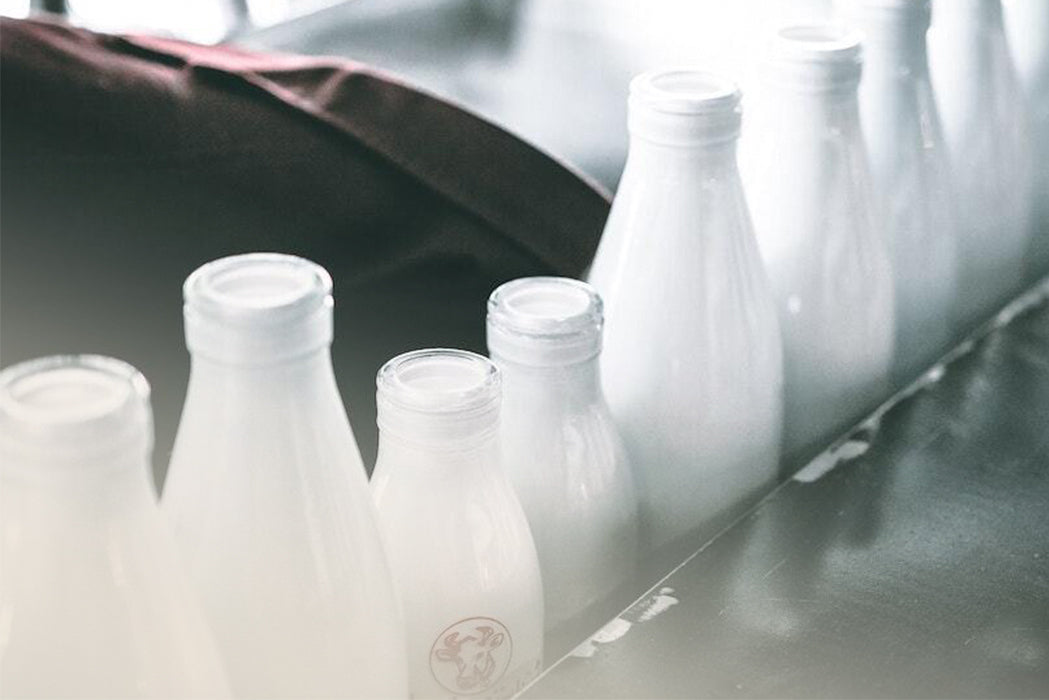


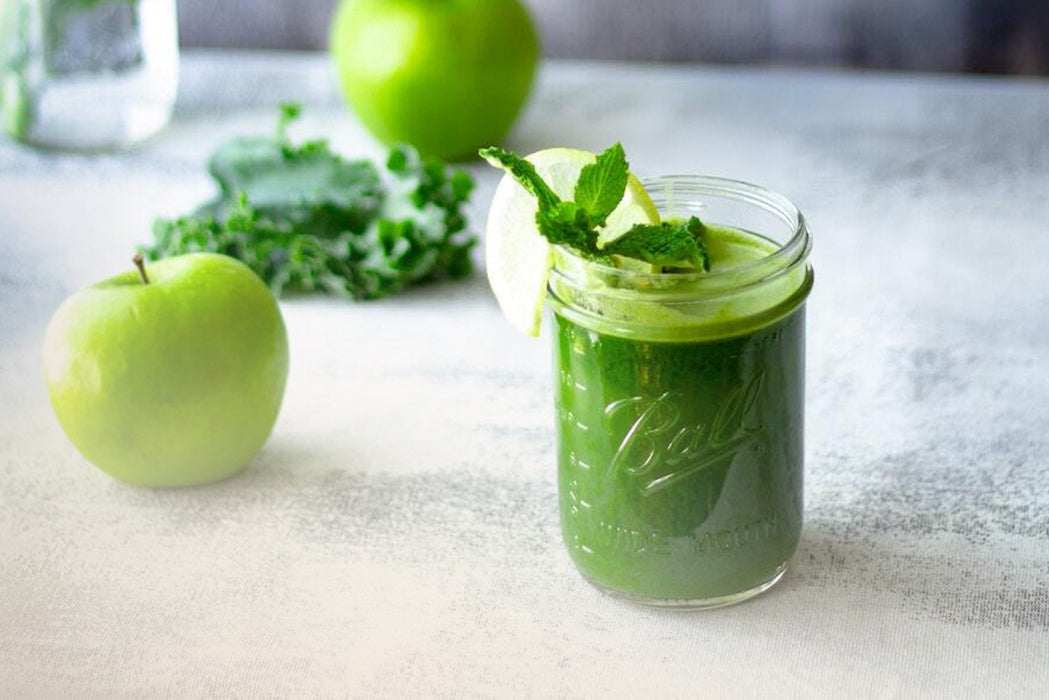

Split: